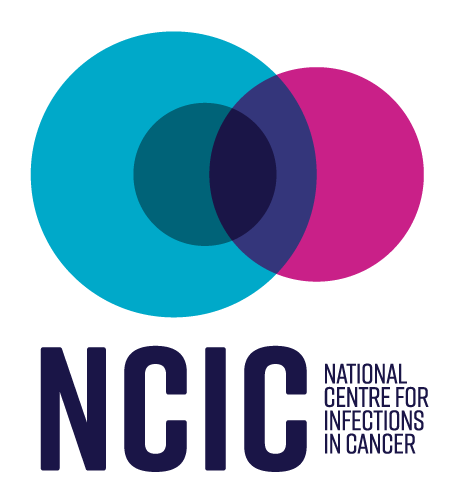This study aimed to determine if it was safe to discontinue empirical antimicrobial therapy (EAT) for febrile neutropenia in patients with haematological malignancies once there were signs of clinical recovery.
Adults with haematological malignancies or haemopoietic stem-cell transplantation recipients, with high-risk febrile neutropenia were split into two groups; those who had EAT withdrawn once they were without fever for 72hrs or more with signs of clinical recovery and those that had EAT withdrawn once their neutrophils had recovered (0·5 × 10⁹ cells per L or higher). The study concludes that EAT can be discontinued safely after 72 h of apyrexia and clinical recovery. The benefit of this approach would be in reducing unnecessary exposure to antimicrobials.

